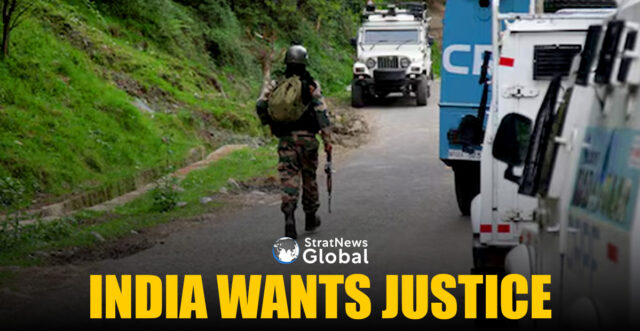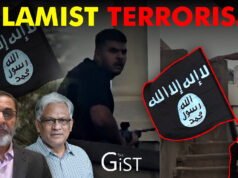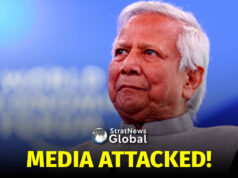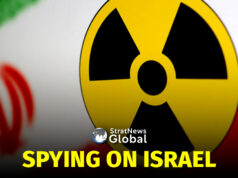India’s foreign minister said he informed U.S. Secretary of State Marco Rubio that those responsible for last week’s deadly terror attack on tourists in Jammu and Kashmir’s Pahalgam must be brought to justice, as Washington works to ease rising tensions between nuclear-armed India and Pakistan.
Dialling Down Tensions
The U.S. said Rubio discussed the strained ties between the two neighbours in separate telephone calls on Wednesday, urging them to work with each other to “de-escalate tensions.”
He expressed support to India in combating extremism and urged Pakistan to cooperate in probing the terrorist attack that killed 26 men, mostly non-Muslim tourists, the State Department said.
‘Must Be Brought To Justice’
Indian Foreign Minister Subrahmanyam Jaishankar said in a post on X that he told Rubio “perpetrators, backers and planners” of the April 22 attack “must be brought to justice”.
Pakistan’s Prime Minister Shehbaz Sharif urged the U.S. to press India to “dial down the rhetoric and act responsibly,” according to a statement from his office.
Pahalgam Terror Attack
A group of terrorists attacked Baisaran meadow teeming with tourists in Jammu and Kashmir’s Pahalgam area last week, segregated men, asked their names and religion, and shot non-Muslims at close range, officials and survivors said. At least 26 people, mostly tourists, were killed.
India has identified the three attackers, including two Pakistani nationals, as “terrorists” waging a violent revolt in Muslim-majority Kashmir. Islamabad has denied any role and called for a neutral investigation.
Kashmir Conflict
Muslim-majority Kashmir is claimed in full by both Hindu-majority India and Islamic Pakistan, although each controls only a part of the Himalayan region. They have fought two wars over Kashmir, and New Delhi accuses Pakistan of supporting and funding an anti-government uprising in Jammu and Kashmir that started in 1989 but has now waned.
Pakistan says it only offers diplomatic and moral support to a “Kashmiri demand for self-determination.”
Rising Tensions
The old rivals have taken measures against each other since the Pahalgam attack, with India putting a critical river water sharing treaty in abeyance. Both have closed their airspace to each other’s airlines.
Troops from the two sides have exchanged small arms fire across their frontier for the past seven nights, but no casualties have been reported so far, India has said.
Pakistan did not respond to a request for comment.
The United Nations has asked both countries to avoid confrontation. China, a key player in the region, had earlier this week urged them to exercise restraint.
PoK Head Wants International Mediation
The head of the Pakistan-occupied Kashmir (PoK) called for international mediation and said his administration was preparing a humanitarian response in case of further escalation.
India’s navy issued warnings for several firing drills in the Arabian Sea off the coasts of Maharashtra and Gujarat states. Gujarat shares a border with Pakistan.
The navy did not respond to a request for comment on the warnings.
Modi Gives ‘Free-Hand’
Earlier this week, Prime Minister Narendra Modi told his military chiefs that they have the freedom to decide the country’s response to the Pahalgam attack, a government source said.
Pakistan says military action by India was imminent.
(With inputs from Reuters)





